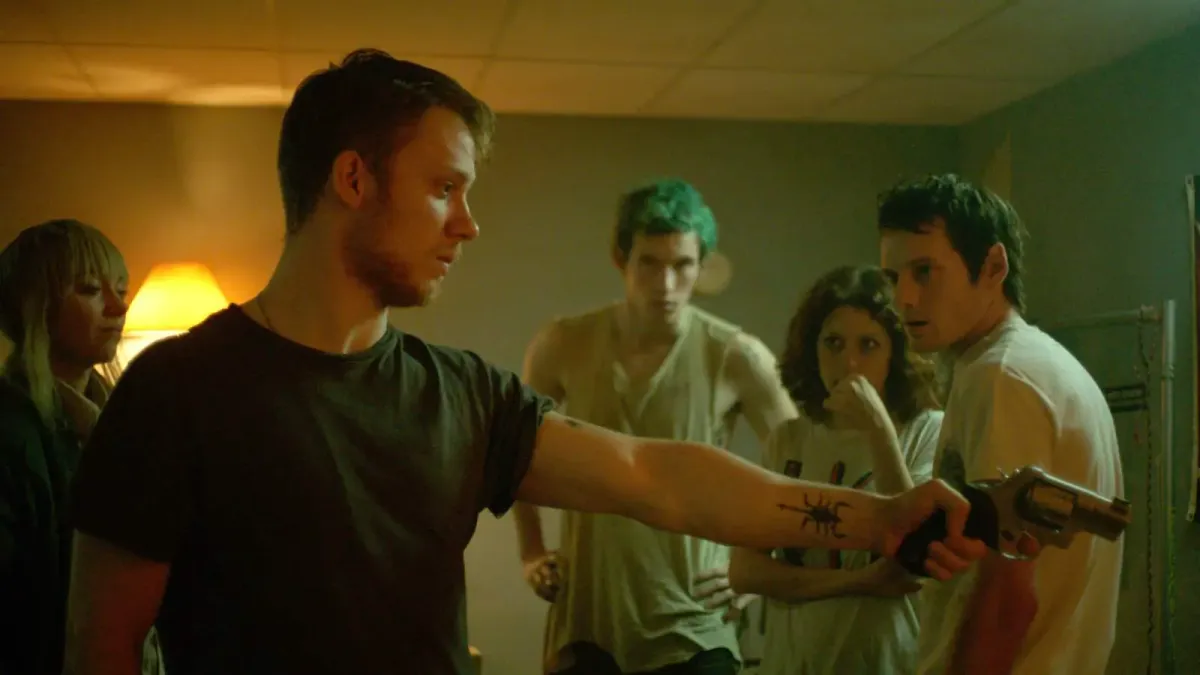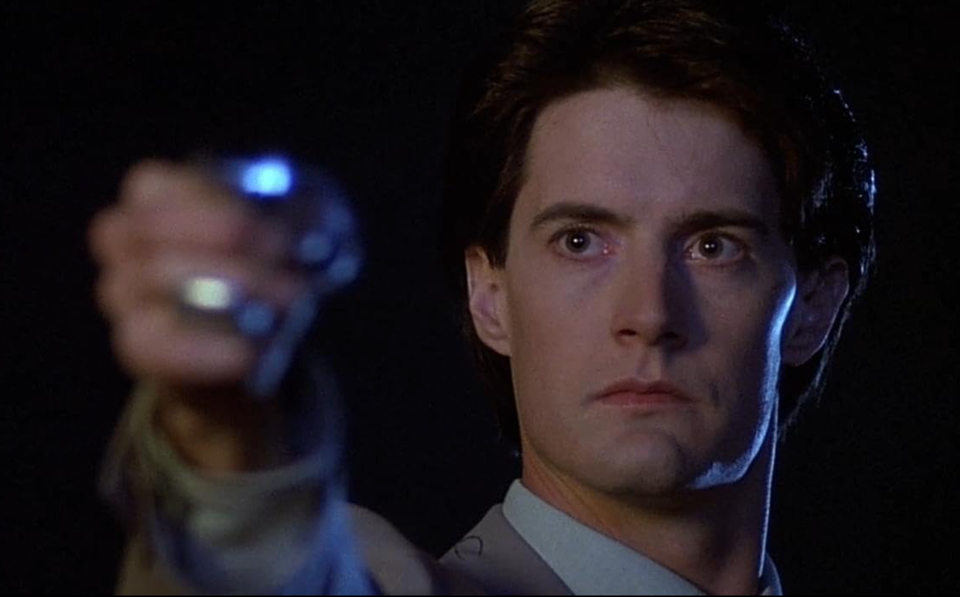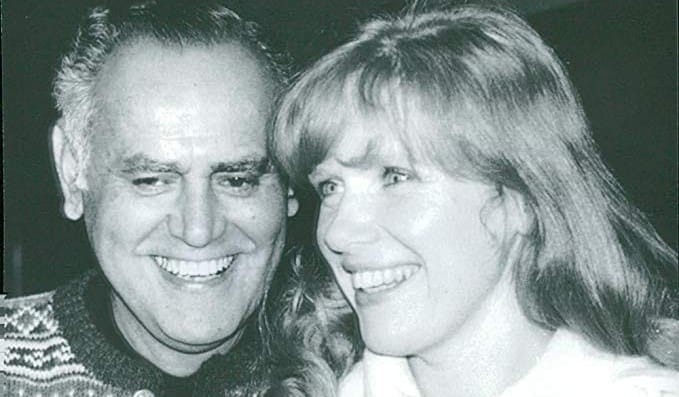The two ingredients to tension in your screenwriting.
Nothing keeps us engaged in a story more than tension. It's one of the most effective tools we have to keep the audience watching.

The Story and Plot Weekly Email is published every Tuesday morning. Don't miss another one.
Nothing keeps us engaged in a story more than tension. It's one of the most effective tools we have to keep the audience watching.
It's clear why. In terms of screenwriting, the best way to think of tension is:
What the audience hopes will happen vs. What the audience fears will happen.
The conflict between these two qualities is how we keep the audience invested in what happens next.
The more immediate the hope and fear are, the more tension there is.
The more uneven the immediacy, the less tension we feel. That is, too much fear and not enough hope, or too much hope and not enough fear will lack tension. It will give us a different emotion.
There is nothing inherently wrong with a different emotion as long as that is our intent. As always, intention is everything.
Like so much of screenwriting, we know all of this in our gut. "But, of course. Yes, I knew that..."
The key is to move it out of our gut and to make it a conscious thought when it's needed. That's when it becomes a tool for the question, how do we add tension to this scene?
Tension is not conflict.
It may seem like it because they are closely related. Conflict is 1) Someone wants something, 2) Someone or something opposes them.
This will often create tension, so it may appear they're the same thing.
However, conflict is about the character's wants and actions and their opposing forces, and tension is about the audience's reaction to those things.
If the audience doesn't care about what happens, the amount of conflict doesn't matter. It will not generate tension.
The ability to create tension in your screenwriting is a huge (and profitable) step in controlling the emotional experience for the reader.
Make them care.
This is the most important thing about everything we do, and it's worth its own topic.
Because once we get the audience to care, we have options. It's your job to make the audience care and always to be aware of:
- What they care about.
- Who they care about.
- What they want to see happen.
- What the stakes are.
You control these things. Not the audience. If you don't know what these are, figure them out or reconfigure the dramatic situation until you do.
Some examples.
Action films often have scenes where the hero has to fight a bad guy. We hope they win; we fear they will get killed, or more realistically, suffer a setback.
In a romantic comedy, if the romantic leads find themselves face-to-face, we often want them to kiss, but we fear they'll pull back.
In Silence of The Lambs, Clarice finds herself in a dark room where the villain, Buffalo Bill, has night-vision glasses. We hope she will stop him; we fear he will kill her.
But we can work from another direction as well.
We can watch characters work towards something we know they shouldn't do.
In Game Night, there's a scene where a married couple think they're playing a game, but we know the gun is real, and so are the bad guys. We fear they're going to get themselves killed, and we hope they figure it out. The tension generates a great comic scene.
We may watch characters embark on a destructive affair. Watching them inch closer and closer, not wanting them to get intimate when they're moving towards it.
In a horror movie, it can be grueling to watch a character walk into a house we know they shouldn't.
The character's actions and the audience's emotions do not have to flow in the same direction.
What is important for tension is:
- What the audience hopes will happen.
- What the audience fears will happen.
Finding tension to help a scene.
If a scene isn't working or lacks drama, always consider the option to add tension. I often think of the "bad dates" scene in Raiders of the Lost Ark.
It's a scene between two friends as they figure out that the staff the Germans are using is too short.
Scenes about how tall a wooden staff needs to be are not ideal fodder for human drama. But...
If you throw in poison dates and watch Indiana Jones play around with them and almost eat one, you have tension, along with the exposition.
Where writers miss out.
Most who dive deep into screenwriting have a natural feel for tension. They've watched enough films; they know what has inspired them to write. They understand the language of drama.
They usually have to learn how to generate tension in the writing. They don't emphasize it. They don't write with an emotional objective in mind.
This is less important with a production draft, but you want to evoke this tension with the reader when writing on spec.
Do not take the tension for granted. A good director will emphasize the tension on screen. You should emphasize it on the page.
Write with a point of view on what is good and what is bad. Both you and the reader have the same rooting interest. Write as if you're experiencing these events for the first time yourself.
"Are they finally going to kiss? Is this finally going to happen?"
"His fingers reach out - almost there. He's almost got it!"
"Yeah, he's going to do it. He's going to open the door."
You must know your comfort level, and I encourage you not to get too aggressive in your writing before you're ready.
But storytelling is an emotional experience. Find your style, and write it that way.
The Story and Plot Weekly Email is published every Tuesday morning. Don't miss another one.
When you're ready, these are ways I can help you:
WORK WITH ME 1:1
1-on-1 Coaching | Screenplay Consultation
TAKE A COURSE
Mastering Structure | Idea To Outline




